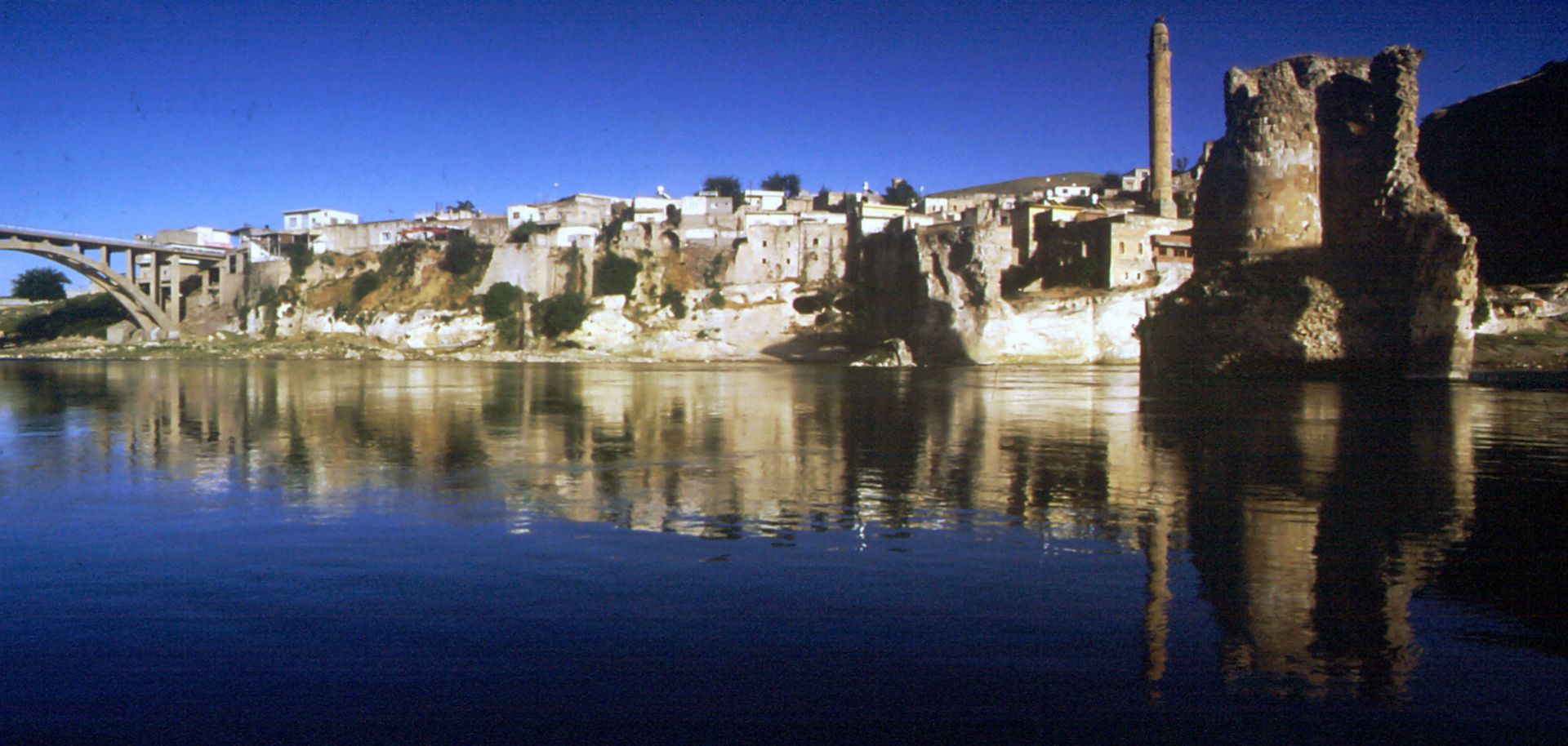ASSESSMENTS
Iraq's Water Crisis Gives the Public One More Reason to Protest
Jul 18, 2018 | 09:00 GMT

An undated photo shows Hasankeyf, an ancient city on the banks of the Tigris River in southeastern Turkey that will be inundated as part of the Ilisu dam project. The dam project will likely reduce the flow of water to Iraq, eliciting popular anger.
(STR/AFP/Getty Images)
Highlights
- Water shortages will plague Iraq throughout the summer, causing a decline in agricultural production and a greater risk of social unrest in the southern part of the country.
- Political gridlock in Baghdad will impede progress on water management, while fighting over water at the provincial level will influence discourse at the federal level.
- Turkey will focus on maintaining and advancing its own strategy in Iraq without making any substantial changes over its water use.
Subscribe Now
SubscribeAlready have an account?
